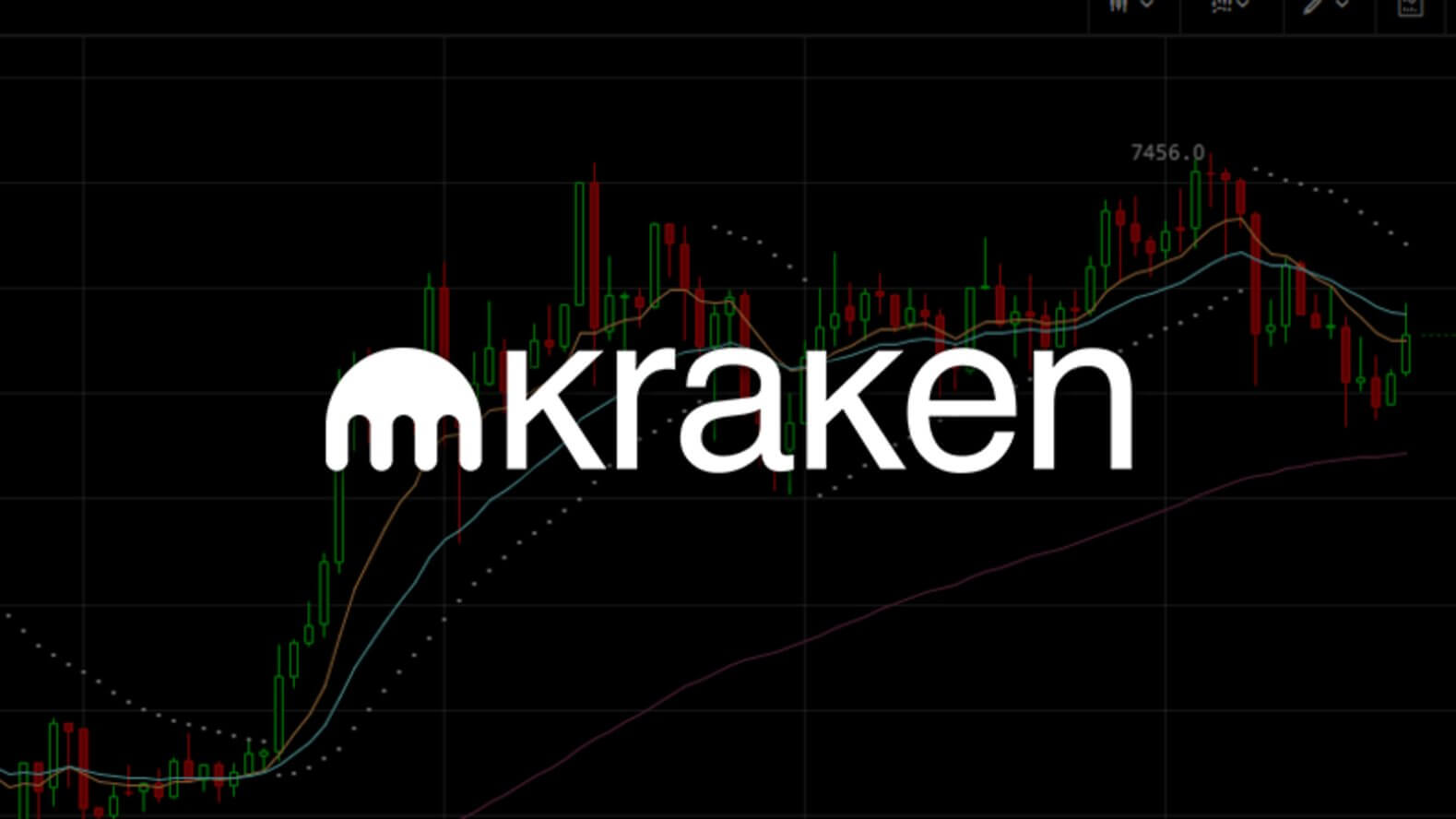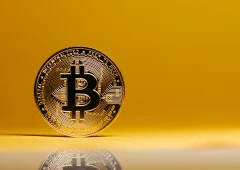Kraken Secures Important UK License to Boost Crypto and Fiat Services
11.03.2025 11:26 1 min. read Alexander Stefanov
Kraken has strengthened its UK presence by obtaining an Electronic Money Institution (EMI) license from the Financial Conduct Authority (FCA).
This approval enables the exchange to expand its fiat and crypto services, offering faster payment processing and increased liquidity for British users.
With around 7 million UK adults investing in crypto, the country remains a key market. Kraken, active since 2014, supports over 300 assets and plans to enhance its trading options.
While European regulations on stablecoins tighten, the UK’s framework remains more flexible, allowing the exchange to operate with fewer restrictions.
Kraken’s global influence continues, handling $1.5 billion in daily volume, with a strong focus on stablecoin transactions. The platform also launched Kraken Pay and its Layer 2 blockchain, Ink, though the latter faces decentralization challenges. Developers have 140 days to address concerns before regaining compliance.
With regulatory approvals in place, Kraken is poised for further expansion, bridging traditional finance and digital assets in the UK and beyond.
-
1
SoFi Returns to Crypto with Trading, Staking, and Blockchain Transfers
27.06.2025 8:00 1 min. read -
2
GENIUS Act Could Reshape Legal Battle over TerraUSD and LUNA Tokens
30.06.2025 9:00 1 min. read -
3
Whales Buy the Dip as Retail Panics: This Week in Crypto
29.06.2025 14:00 3 min. read -
4
History Shows War Panic Selling Hurts Crypto Traders
28.06.2025 18:30 3 min. read -
5
How to Earn Yield Holding USDC: A 2025 Guide
15.07.2025 18:10 2 min. read
Kraken Launches U.S. Crypto Derivatives Platform, Eyes Broader Market Expansion
Kraken has officially launched its U.S.-regulated crypto derivatives platform, marking a major step toward merging traditional finance tools with digital asset markets.
How to Earn Yield Holding USDC: A 2025 Guide
If you’re holding USDC and want to maximize your yield, Deribit now offers rewards for eligible users who store USDC on its platform.
Kazakhstan May Invest Gold Reserves in Crypto Sector
Kazakhstan is considering allocating a portion of its gold and foreign currency reserves, along with National Fund assets, into crypto-related investments.
Grayscale Confidentially Files for New SEC-registered Offering Amid Growing Crypto Market demand
Grayscale Investments announced today that it has confidentially submitted a draft registration statement on Form S-1 to the U.S.
-
1
SoFi Returns to Crypto with Trading, Staking, and Blockchain Transfers
27.06.2025 8:00 1 min. read -
2
GENIUS Act Could Reshape Legal Battle over TerraUSD and LUNA Tokens
30.06.2025 9:00 1 min. read -
3
Whales Buy the Dip as Retail Panics: This Week in Crypto
29.06.2025 14:00 3 min. read -
4
History Shows War Panic Selling Hurts Crypto Traders
28.06.2025 18:30 3 min. read -
5
How to Earn Yield Holding USDC: A 2025 Guide
15.07.2025 18:10 2 min. read


